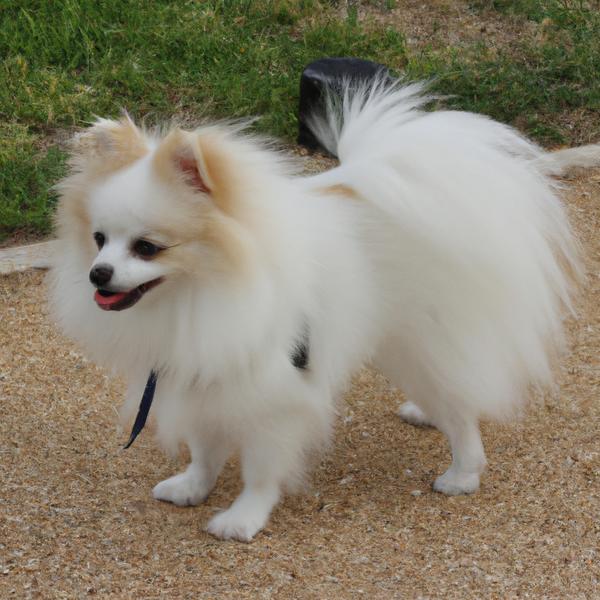
Pom-Coton Breed Information & Characteristics
Hypoallergenic
Are Pom-Cotons Hypoallergenic?
Unfortunately, the Pom-Coton is not hypoallergenic, making it not a good choice for a dog lover who suffers from pet allergies.
Temperament
What is a Pom-Coton personality? What are Pom-Coton dogs best known for?
Active
Playful
Intelligent
Friendly
Docile
Affectionate
Lively
Sociable
Attentive
Trainable
Vocal
Extroverted
Shedding Level
Are Pom-Cotons heavy shedders? How Much Does a Pom-Coton Shed?
Pom-Coton dogs are not heavy shedders, but they will lose a significant amount of hair each year. To decrease the amount of shedding, you can regularly brush your Pom-Coton. This will remove loose hair and keep his coat growing in the same direction.
Watchdog Ability
What is the watchdog ability of a Pom-Coton dog?
The Pom-Coton dogs are average watchdogs. If they sense something different, this breed will alert their owner.
Ancestry
What are Pom-Cotons descended from?
Pomeranian, Coton de Tulear
Breed recognition
What organizations or kennel clubs recognize/register the Pom-Coton breed?
ACHC = American Canine Hybrid Club
DBR = Designer Breed Registry
DDKC = Designer Dogs Kennel Club
DRA = Dog Registry of America, Inc.
IDCR = International Designer Canine Registry®
Date of Birth
When were Pom-Cotons first bred? How old is the Pom-Coton breed?
Unknown
Eye Color Possibilites
What color are Pom-Coton eyes?
Brown
Nose Color Possibilites
What color can Pom-Coton nose be naturally?
Black
Coat Color Possibilites
What color can Pom-Coton coat be naturally?
Black
Brown
Red
Cream
Fawn
Sable
Brindle
White
Blue
Coat Length
How long is a Pom-Cotons coat?
The coat of a Pom-Coton is longer than that of the typical dog.
Coat Density
How Dense Is The Pom-Coton Coat?
Coat Texture
What is the texture of the hair of a Pom-Coton?
Straight
Litter Size
How many puppies can a Pom-Coton have in a litter? How many puppies can a Pom-Coton have in her first litter?
A Pom-Coton can have a litter of 4-6 puppies on average. However, it's worth noting that the size of the litters can vary greatly. Factors that can influence litter size include the health of the mother, breeding history, and genetics.
Adaptability
Pom-Cotons are known for their adaptability and versatility, they are capable of adapting well to a wide range of lifestyle changes and living environments. They are a highly adaptable breed, and make great companions for families and individuals of all lifestyles.
Health Issues
Do Pom-Cotons have a lot of health problems?
The Pom-Coton is generally considered to be healthy. However, like all breeds, they are susceptible to certain health issues and it is important to keep an eye out for them and address them with your veterinarian as needed.
Major Concerns
What are the major health concerns to be aware of when owning a Pom-Coton?
Pateller Luxation
Patent Ductus Arteriosus (PDA)
Cerebellar Abiotrophy (Ataxia)
Minor Concerns
What are the less significant issues to keep in mind when it comes to Pom-Cotons?
Mono/Bilateral Cryptorchidism
Hydrocephalus
Tracheal Collapse
Sick Sinus Syndrome
Occasional Tests
What are the occasional tests recommended for Pom-Coton breed?
Complete Blood Count
Internal Imaging (x-ray, CT scan, MRI, etc.)
Blood And Urine Analysis
Full Body Physical Examination
Eye Examinations (both internal as well as external)
X-rays of various parts of the skeletal system
Energy
Do Pom-Cotons have a lot of energy?
For those who lead a balanced lifestyle, Pom-Cotons may be a good choice as they have an average energy level.
Social Needs
Do Pom-Cotons need socialization? How social are Pom-Cotons?
Pom-Coton have very high social needs. These needs include regular mental and physical stimulation, a job or purpose, and companionship. They thrive in environments where they have a lot of interaction with humans and other dogs.
Exercise Needed
How much exercise should Pom-Cotons get?
The Pom-Coton dog requires a moderate amount of physical activity to maintain a healthy lifestyle. These breeds are ideal for people who have a moderate amount of time to devote to their pet and enjoy regular physical activity themselves. They also make great family pets as they have the energy to keep up with children and the temperament to be great companions.
Sleeping Need
How much sleep should a Pom-Coton have? Do Pom-Cotons sleep a lot?
The Pom-Coton breed is known for its moderate energy levels and normal sleep patterns, typically sleeping around 12-14 hours per day.
Tendency to Bark
How much does it bark?
Pom-Coton dogs tends to bark less frequently than most other dogs. They tend to be quieter and less vocal than other breeds. They may only bark when necessary, such as to alert their owner of something or to communicate something. They do not bark excessively, and may not bark as much as other dogs in certain situations, such as when they are left alone.
Mouthiness
Are Pom-Cotons mouthy?
Roaming urge
What is the likelihood of a Pom-Coton running away? Do they have a tendency to explore or wander frequently?
Prey Drive
Do Pom-Coton dogs have a high prey drive?
Activity Level
What is the energy level of a Pom-Coton? How much energy does a Pom-Coton have?
Pom-Cotons are medium-energy dogs and typically enjoy socializing and playing casual or even sustained games of chase with other dogs. They may also have occasional periods of barking or racing around the house.
Tolerance of being left alone
Walks per Week
How far should a Pom-Coton walk each week? How many miles should a Pom-Coton walk every week?
There's really no limit to how far you walk your dog as long as they're comfortable. For Pom-Coton, it's at least 5 miles / week. Just remember to build distance and stamina gradually over time.
Activity per Day
How much a Pom-Coton should exercise a day? How much activity does a Pom-Coton need?
In general most Pom-Cotons usually need at least 45 minutes of exercise daily. This can be spread across the day and include all sorts of high-energy activities, like walking, running and playing.
Grooming
What level of grooming should be provided for a Pom-Coton?
The Pom-Coton is a breed of dog that requires a significant amount of grooming. They will also require regular trims, and a professional groomer's help is often necessary to keep their coat in good condition. They may also need regular baths to maintain their coat and skin.
Brushing Frequency
How often should you brush a Pom-Coton?
Ideally, Pom-Coton should be brushed at least 2 or 3 times a week (preferably daily) improve shedding.
Brushing Tools
What are the most commonly used brushing tools for Pom-Cotons?
Pin Brush
Dematter
Deshedder
Nail Clipper
Cups
How many cups of food does a Pom-Coton eat?
For an average 3-15 pound (1 - 7 kg) Pom-Coton feed 1 cups daily. But, keep in mind, the amount you feed is going to be dependent on the quality of the food you are feeding.
Daily Cost
How Much Does a Pom-Coton Cost Daily?
The average cost of a Pom-Coton is somewhere $1.10 - $1.40 per day.
Monthly Cost
How Much Does a Pom-Coton Cost Per Month?
The average per month expenses of a Pom-Coton is between $35 - $42. This makes an average of $420 - $504 per year. It will be on the higher side when the dog is still small because it will need more frequent visits to the vet, shots.
Intelligence
How intelligent is a Pom-Coton?
The Pom-Coton breed is considered very intelligent and easy to train.
Sensitivity Level
How sensitive is a Pom-Coton dog?
This dog breed is particularly attuned to its environment and the emotions of those around it. It can be easily overwhelmed by loud noises, new environments, and unfamiliar people or animals. This dog is best suited for individuals or families who are patient, gentle, and understanding of its sensitive nature. It may also benefit from a calm and stable home environment, with a consistent routine and plenty of positive reinforcement training.
Affection Dependance
Are Pom-Coton dogs affectionate?
Apartment Friendly
Do Pom-Coton do well in apartments? Are Pom-Cotons good indoor dogs?
Pom-Cotons are known for being excellent apartment dogs. They are fairly active indoors and will do okay without a yard.
Child Friendly
Are Pom-Cotons good with kids? Are Pom-Cotons good around children?
Pom-Cotons are average friendly dogs towards children.
Senior-friendly
Are Pom-Cotons good for elderly?
Cat Friendly
Are Pom-Cotons good with cats? How friendly Pom-Cotons are toward cats?
Pom-Cotons are very cat friendly dogs. They generally make good companions for cats.
Dog Friendly
Do Pom-Coton dogs get along with other dogs? Are Pom-Cotons OK with other dogs?
Pom-Cotons are friendly, active and loyal companions. They generally love to be around other dogs, making them a good family pet for some,
Pet friendly
How do Pom-Coton dogs interact with other pets? Are they considered pet-friendly?
Stranger Friendly
Are Pom-Cotons friendly with strangers?
Pom-Cotons are average friendly around strangers. They can be wary around strangers and a little standoffish. Early socialisation is key.
Playfulness
Do Pom-Cotons like to play? Are Pom-Cotons playful?
The Pom-Coton is a playful dog. So, no matter how busy the day may get, the best thing you can do for your Pom-Coton is to make time each day to play. It can be as little as 15-20 minutes, and it will mean the world to them.
Trainability
Are Pom-Coton easily trained?
Pom-Coton dogs are known for their ease of training and ability to learn quickly, making them a popular choice for pet owners and trainers alike.
Compare Pom-Coton with other breeds

Black and Tan Coonhound
Pom-Coton vs Black and Tan Coonhound
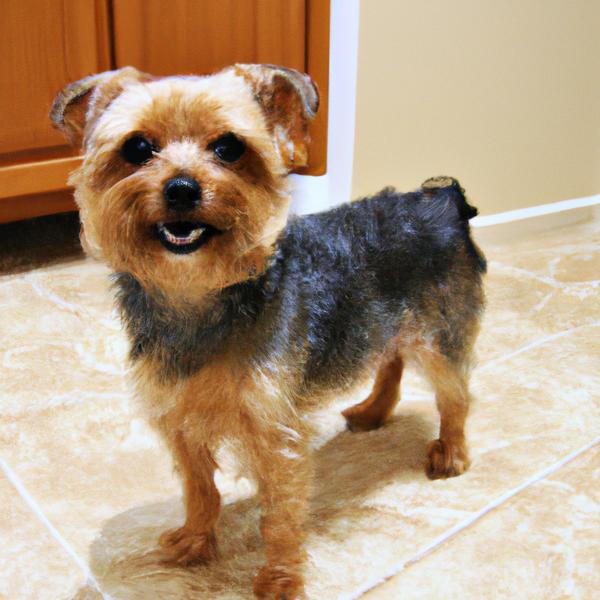
Yorkie-ton
Pom-Coton vs Yorkie-ton
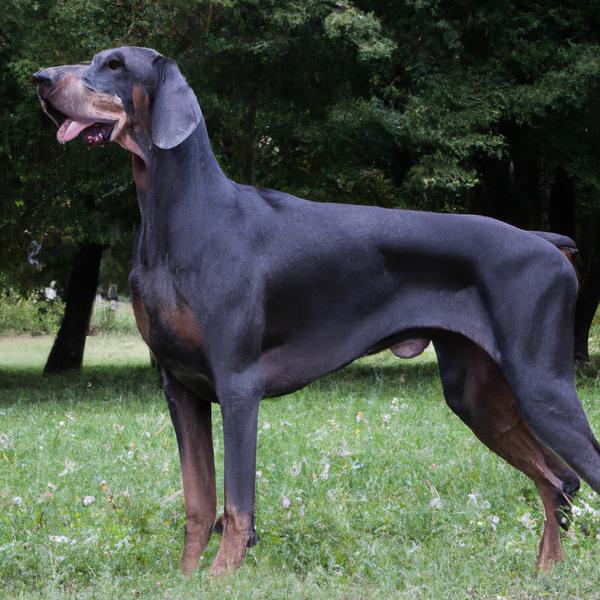
Doberghan
Pom-Coton vs Doberghan
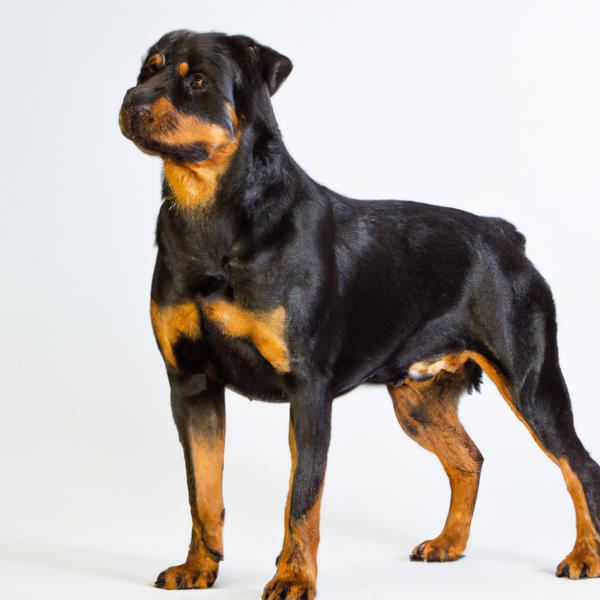
Rotterman
Pom-Coton vs Rotterman
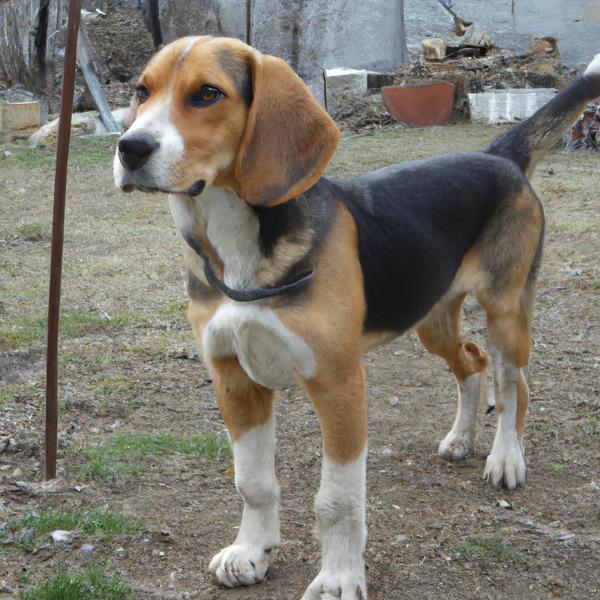
Beagle Shepherd
Pom-Coton vs Beagle Shepherd
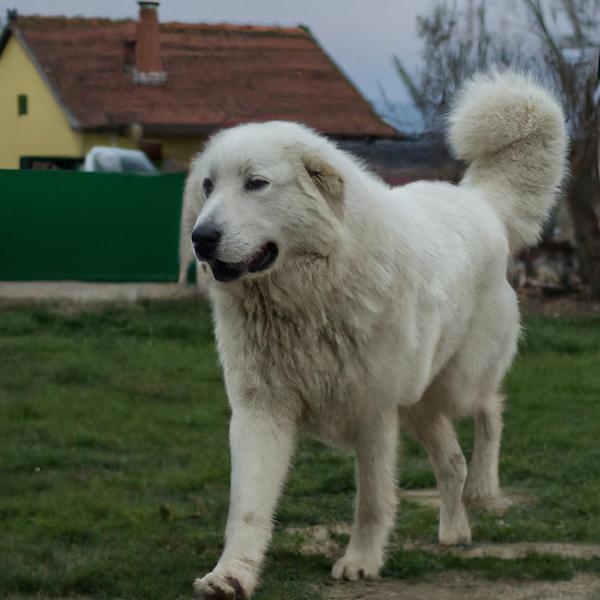
Kuvasz
Pom-Coton vs Kuvasz
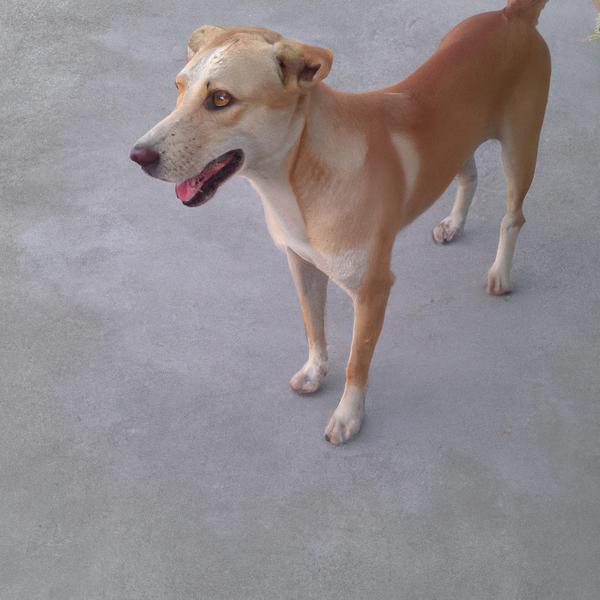
Shollie
Pom-Coton vs Shollie
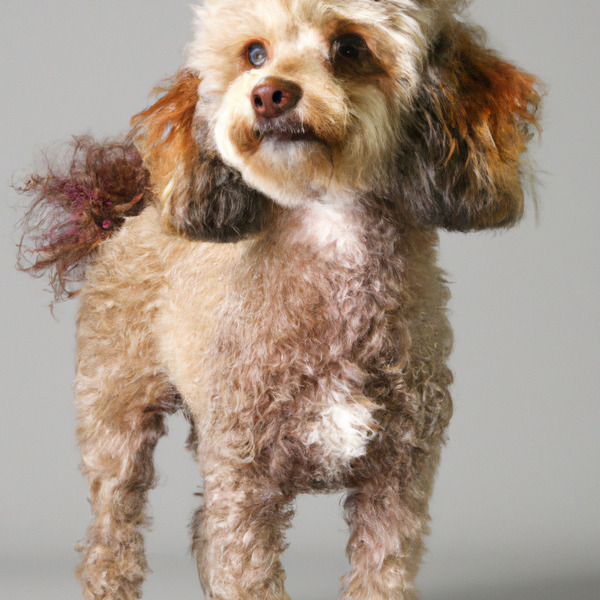
Chi-Poo
Pom-Coton vs Chi-Poo

Griffichon
Pom-Coton vs Griffichon
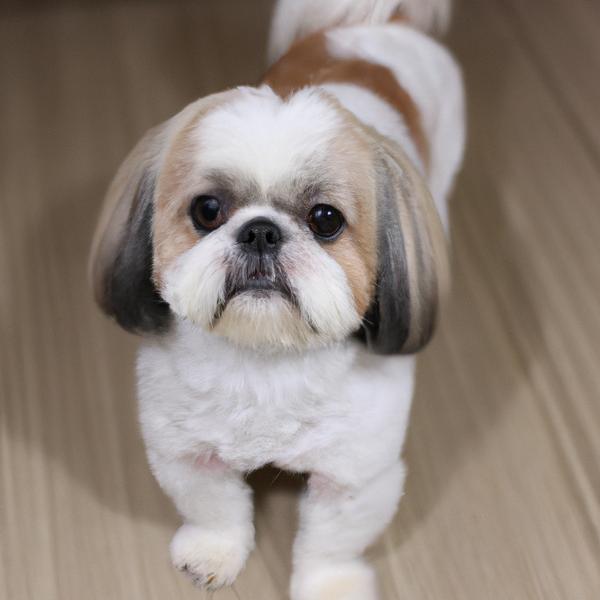
Jack Tzu
Pom-Coton vs Jack Tzu
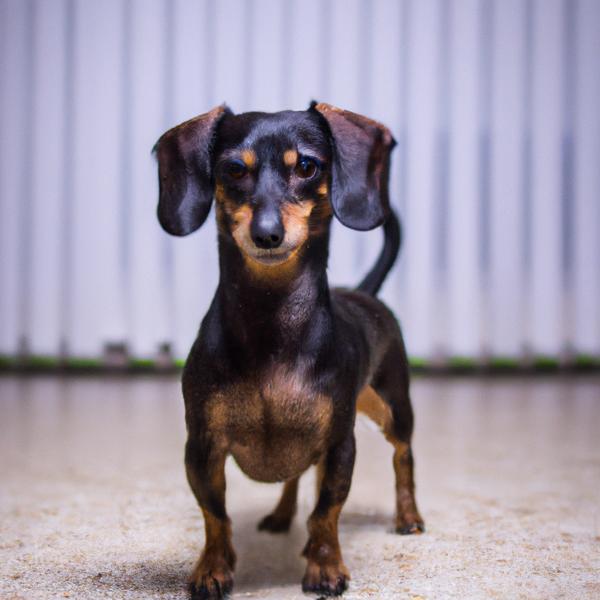
Schweenie
Pom-Coton vs Schweenie
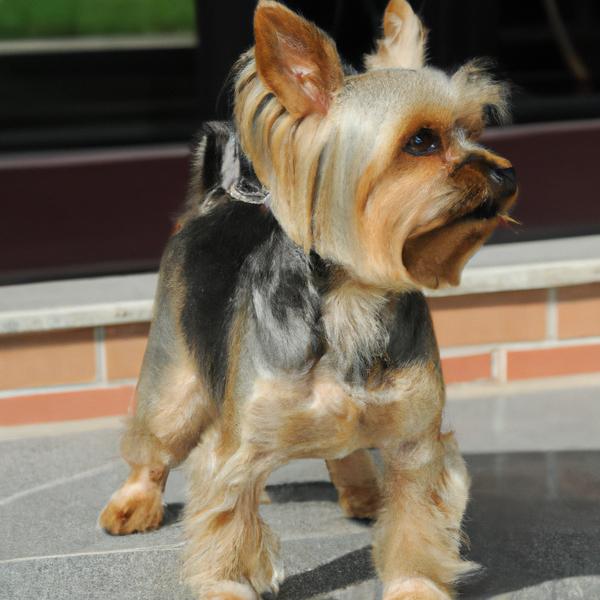
Yorkinese
Pom-Coton vs Yorkinese